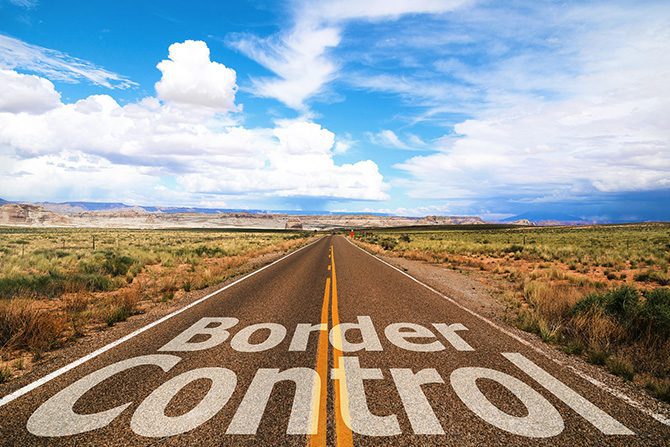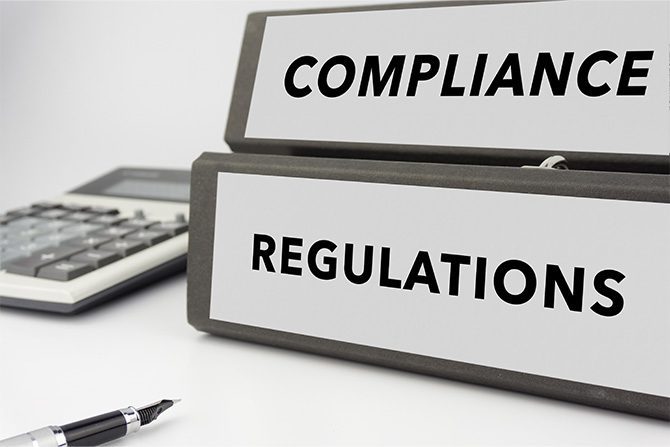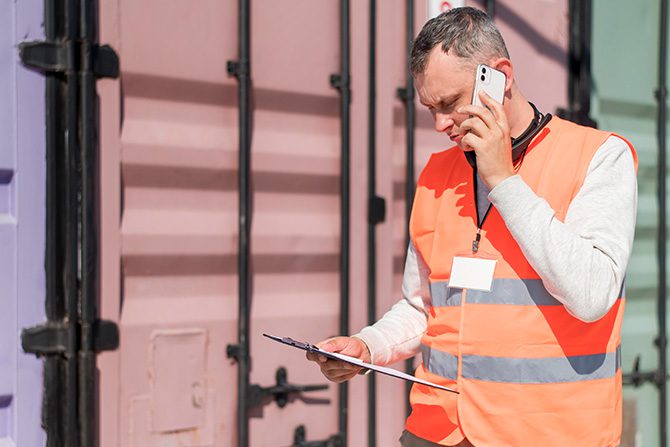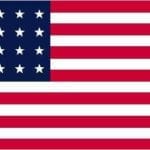
To begin, we need to define what Customs clearance is. This activity ensures that goods entering or leaving a country to comply with all legal requirements and regulations. The purpose of customs clearance is to prevent illegal or harmful goods from entering a country and collect any applicable taxes or fees.
In this article, we will review the key points you should keep in mind when importing or exporting your goods.
How long does Customs Clearance take?
Here is a general overview of how customs clearance works:
- Submission of documentation: when goods arrive at a port of entry, the importer or exporter must submit the necessary documents to the customs authorities. These documents typically include the commercial invoice, packing list, bill of lading, and any other required permits or certificates.
- Examination of goods: the customs authorities will inspect the goods to ensure they comply with all regulations, including product safety and labeling requirements. It may involve physical inspection, X-ray screening, or other methods.
- Assessment of duties and taxes: the customs authorities will determine the amount of duties and taxes owed on the goods based on their value, classification, and country of origin. The importer or exporter must pay these fees before releasing the goods.
- Release of goods: once the duties and taxes have been paid and any other requirements have been met, the customs authorities will release the goods to the importer or exporter.
It is important to note that the customs clearance process can vary depending on the country, type of goods, and mode of transportation. Some countries may have more complex regulations or require additional documentation, while others may have simplified procedures for low-value or low-risk goods. In some cases, cargo imported into the country from any point of entry is warehoused at Customs bonded area under customs jurisdiction until it is released after clearance.
Other factors that can impact the timeline of customs clearance include holidays or weekends, the availability of customs officials or inspectors, and the volume of goods being processed at the port of entry.
Overall, importers and exporters need to plan ahead and account for potential delays in the customs clearance process.
Documents
Documentation is an important part of the process since, without it, the length could take several weeks or months, and other legal and fiscal problems.
Some of the most common documents involved in customs clearance are:
Exports documentation:
- Purchase order from Buyer
- Sales Invoice
- Packing List
- Shipping Bill
- Bill of Lading or Airway Bill
- Certificate of Origin
Imports Documentation
- Purchase Order from Buyer
- Sales Invoice of the supplier
- Bill of entry
- Bill of Lading or Airway bill
- Packing List
- Certificate of Origin
It’s important to note that the requirements for customs clearance can change over time or for the kind of goods, so it’s always a good idea to consult with a customs broker or trade expert to ensure you have the most up-to-date information. Whether importing or exporting, it’s necessary to include the specific Incoterm 2020.

Regulatory bodies regularly update regulations, so it is essential to monitor any changes that may impact your organization.
Customs Broker or Freight Forwarder
Whether to use a customs broker or a freight forwarder depends on your specific needs and the nature of your shipment.
A Customs broker is a licensed professional who specializes in customs clearance procedures and can help importers and exporters navigate the complex regulations and documentation requirements involved in the customs clearance process. They can advise on import duties and taxes, ensure compliance with customs regulations, and handle the necessary paperwork to ensure a smooth clearance process. They also typically focus on the import side of an export transaction and have direct contact with various government agencies.
Freight Forwarders are commonly known as the “middleman.” They are registered and licensed by Customs to operate. In addition to coordinating international transportation, their role is acting on behalf of and representing clients as third-party agencies engaged in customs clearance.

The choice between a customs broker and a freight forwarder for international trade depends on the specific needs of your business.
Customs Clearance in Mexico
In order to have goods released upon Customs clearance in Mexico, a pedimento, or general import manifest, must be presented to have goods legally processed and released once cleared through customs in Mexico.
The pedimento is the most relevant Customs form that importers or exporters use during the importation or exportation of their goods into or out of the country.
In addition, you should consider that several government departments in Mexico are involved in the customs process. Here are a few:
- SAT (Tax Administration Service): It is responsible for collecting taxes and applying fiscal laws related to customs clearance.
- COFEPRIS and Secretary of Health: It issues Sanitary Import and Export Authorizations and verifies and inspects certain goods per health supply regulations.
- Ministry of National Defense: It grants Import and Export Permits and inspects goods during Customs clearance in Mexico under the SEDENA (Secretariat of National Defense) Agreement.
- SHCP (Ministry of Finance and Public Credit): It authorizes the inclusion of a business entering goods into and exporting goods out of the customs territory of Mexico in the nation’s Registry of Importers and Exporters.
We know the process can be long and complicated when you do not have the necessary knowledge and experience. However, ILS stands out for its great service in land, air, and sea transportation. We keep ourselves constantly updated with the rules of world trade to always comply with the regulations of each country, and your imports or exports are always satisfactory. The ILS Company is your best solution if you need an expert and experienced partner in the Mexican and American markets.


